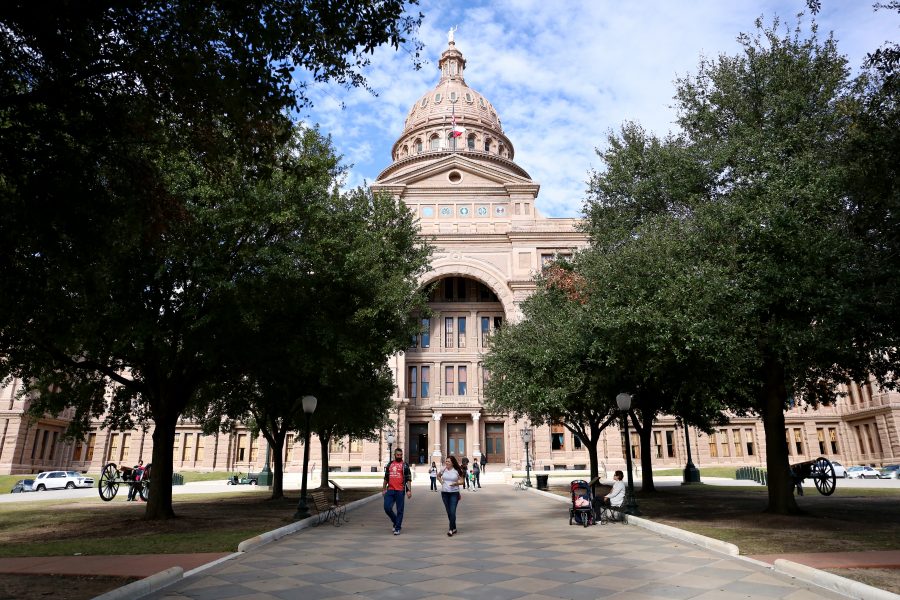The Texas Legislature recently passed a $209.4 billion state budget, which included $3.8 billion of tax relief. This was the result of the 2014 election in which voters across the state elected conservative Republicans to nearly two-thirds of the seats in the state House and Senate. The Republicans ran on the platform of limited government and tax relief for their voters. With a tax relief package of $3.8 billion, many might be surprised to learn that most taxpayers will get no cuts at all and those who do may not notice a change.
This $3.8 billion could include both a 25-percent cut to the business franchise tax rate and an increase of the property tax homestead exemption of $10,000, if voters approve in November. But, these cuts would yield limited benefits to homeowners and students. The average homeowner would only save about $126 per year while the overwhelming majority of students do not own homes and will not receive this slight cut. In addition, very few students pay the business franchise tax, which requires a corporation to gross at least $1 million to be eligible.
As a Republican, I understand pro-business cuts to the state business franchise tax. Our franchise tax is particularly problematic because even unprofitable corporations endure it. The property tax cut also makes sense as Texas residents pay one of the highest tax rates on property in the nation. But, an average cut of $126 per year would not be a significant reduction upon $3,327 annual average.
Students are not asking for their own tax cut, except for perhaps the sales tax for textbooks, the cost of which rivals that of property tax itself. As for the Texas sales tax, the state House had proposed to cut the sales tax rate from 6.25 percent to 5.95 percent. Almost everyone in Texas pays sales tax. Although the reduction appears marginal, it would benefit everyone, including students. However, this measure did not pass.
The Legislature has the funds to make a sales tax cut. It is hoarding $18 billion that could have gone to tax cuts that would have aided students. Even when discounting the $11.1 billion in the Rainy Day Fund that some might not want to spend completely, there is still nearly $7 billion of unspent money from the comptroller’s revenue estimate. That would leave nearly $400 of potential tax relief for every Texan over the age of 18. This sales tax cut would have been an improvement on the cuts that the Legislature implemented because of the increased relief money ($400 rather than $126) and volume of people (all Texans rather than just homeowners) that receive benefit.
In the future, if politicians are going to promise tax relief to voters, they should make better strides toward providing the breadth and significance of tax relief their campaigns promised. In this case, put the taxpayers’ money back in the hand of all the taxpayers and not just the select few.
Hung is a second year law student from Brownsville.





















